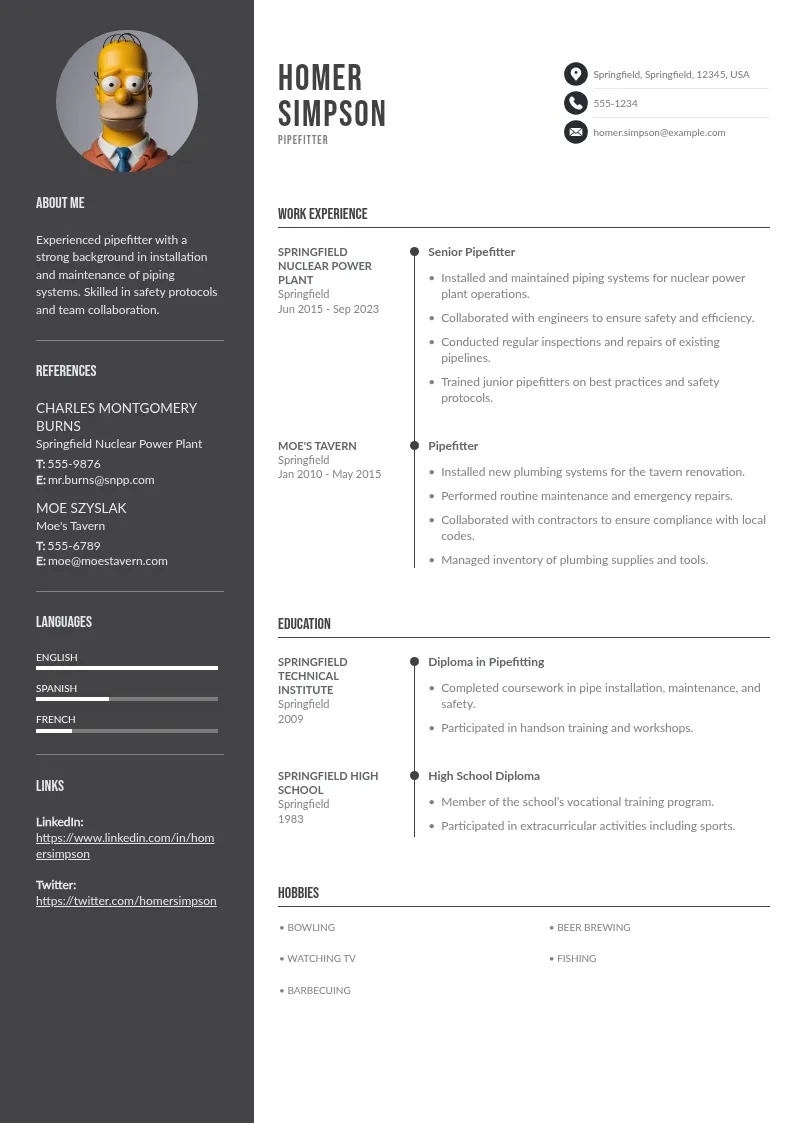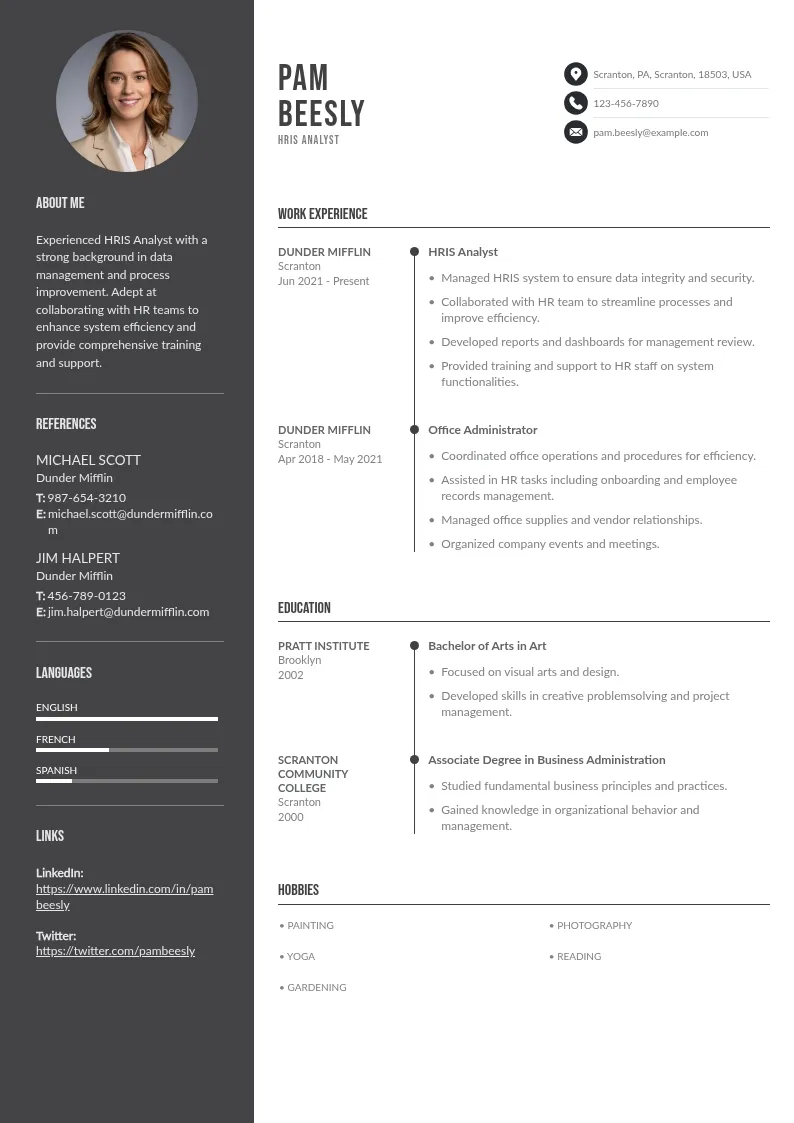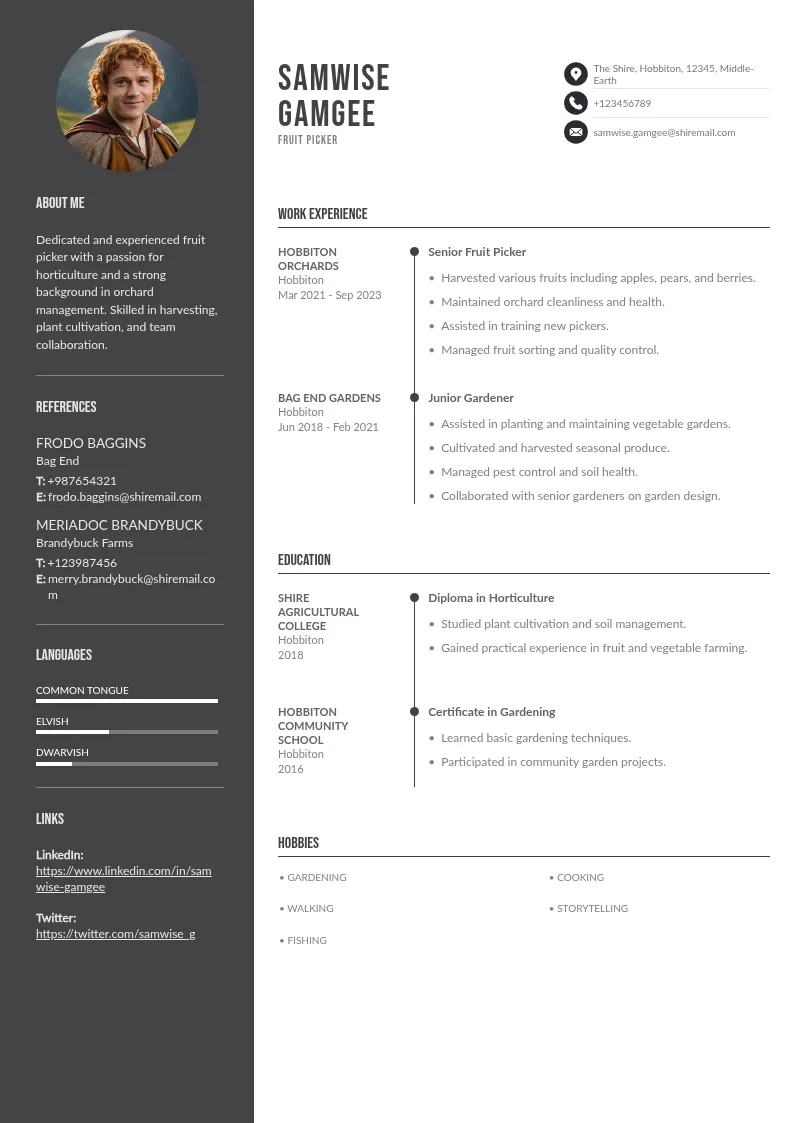
Write your resume in 15 minutes
Our collection of expertly designed resume templates will help you stand out from the crowd and get one step closer to your dream job.


However, we understand if you feel a certain amount of anxiety to reveal a personal matter like this to the hiring manager of your new employers. Gearing up for a new job while managing your pregnancy can be overwhelming but remember that many women have been in the exact same situation as you are. So don’t worry , we are here to help. In this guide, we will help you navigate this situation in a nuanced, calm manner. We will be taking you through the legality of this situation and will be offering a few suggestions on how to reveal your pregnancy to your new employer mindfully.

Understand the Law
In a professional scenario, it is important to remember that being a pregnant woman, you have legal It is important to educate yourself with the legal protection available to you in your state/country. Employment laws can vary significantly from state to state. Though generally, in most places, pregnant women are under no legal obligation to disclose their pregnancy to a potential employer during the hiring process. So that means, if you are the best candidate for the job, your pregnancy should not affect you getting a new career opportunity.
Research About Legal Regulations
It is important to educate yourself with the legal protection available to you in your area. Employment laws can differ significantly from state to state. Though generally, in most places, pregnant women are under no legal obligation to disclose their pregnancy to a potential employer during the hiring process. So that means regardless of your pregnancy, if you are the best candidate for the job, your pregnancy should not affect you getting a job offer.
Pregnancy Discrimination Act (PDA)
In the United States, The Pregnancy Discrimination Act of 1978 makes it illegal for employers to discriminate against women on the grounds of pregnancy, childbirth and other medical condition related to pregnancy. This law safeguards a pregnant job seeker from discrimination and ensures that their pregnancy should not be treated as a hindrance to their career growth.
Evaluate Your Comfort Level
Please don’t forget that it is completely up to you when you decide to disclose this deeply personal information. The perfect time to do so is when you are absolutely comfortable with the idea of letting your potential employer know about your pregnancy.
Pick a Time That Feels Right to You
You can choose to disclose your pregnancy to your potential employer during the job interview process or wait till you have secured the job offer. If you are in the early stages of pregnancy like the first trimester or second trimester, then you may decide to wait until you feel more comfortable sharing the news.

It is important that you consider your own comfort level and values and try to align them with the specific situation you find yourself in. Trust your instincts and choose a time that feels appropriate for you, and always keep your mental and physical health as your main priority.
Understand the Company Culture
It is highly recommended that you acquaint yourself with the company’s culture and internal policies so you are adequately prepared to aptly disclose your pregnancy to your new employer. The early stages of your pregnancy (first or second trimester) can be a period of careful evaluation and preparation. Research about the company's policy on work-life balance, employee benefits, parental leave etc. This knowledge can help you take decisive steps and make informed decisions.
Study the Relevant Company Policies
It is highly recommended to study the company’s policies on maternity leave, workplace infrastructure for pregnant employees. If the organization has the necessary provisions to help pregnant employees have a comfortable working environment and a good health insurance and maternity leave plan, then it is very likely they will be extremely accommodating of your pregnancy and help you with your next steps.
If a company has a proven track record of supporting pregnant employees during such an important transition period, it is most likely that you will have a safe and comfortable environment to disclose that you are pregnant.
Schedule a Meeting
Once you have decided the right time to disclose your pregnancy, then arrange a meeting with your prospective employer or an Human Resources representative. This meeting will ensure that this meeting takes place in a safe and confidential environment.
To discuss an extremely personal matter like pregnancy, it is recommended that you have a one on one consultation with your employer where you can speak candidly. Choosing this approach will give both you and your prospective employer the opportunity to have an open and honest discussion which is essential for a successful disclosure process.
Be Well Prepared
During this conversation, it is beneficial to be prepared so your employer knows that you are serious about balancing your work and personal life. Have a clear and well-thought out presentation that indicates that your pregnancy does not diminish your enthusiasm for your position. Encourage your employer to have a clear and honest conversation with you.
Provide Relevant Information to Prospective Employers
During the disclosure process, your aim should be to reassure your employer that you will be proactive in addressing all the details to ensure a smooth transition for both you and your employer.
Share Your Game Plan
Discuss the duration of your maternity leave, any accommodations you may require and detail the work responsibilities you will handle during your absence. Showing proactiveness to iron out these details demonstrates your preparedness and reflects that you have given deep thought to how the pregnancy will impact your work.
This approach will relieve any concern that the employer might have about how your pregnancy will affect the day to day operations of the team that you are a part of. Providing detailed information about your maternity leave and work arrangements ensures a seamless transition for both parties involved.
Encourage Open Dialogue
To ensure that you and your employer are on the same page, it is crucial that you encourage your employer to voice any concerns they may have. This will help foster an open and collaborative atmosphere where you can showcase your willingness to tackle issues head-on and help build professional trust with your employers.
Early two-way discussions like this can help build a strong foundation of communication and maintain a positive working relationship through not just pregnancy but for your entire tenure with the company. It ensures that you and employers are on the same page and prepared for the times to come.
Be Prepared for Every Scenario
We are all aware that ethically and legally, there is no grounds to ever discriminate against pregnant women in a professional environment. But, every employer is different and you can never predict anyone's response. Some employers might be supportive from the get go while some might express concerns. You need to be fully equipped to handle these different scenarios so that you are able to respond effectively in any given situation.
Handling Your Employer's Reaction Professionally
If you have thought out the multiple scenarios that you can be in while disclosing pregnancy to your prospective employer, then you will be able to make an appropriate response regardless of the reaction you receive.
If your employer has concerns you should be mentally prepared to address them professionally and provide additional information to reassure them if necessary.
If you receive a supportive response then make sure to express your gratitude for their understanding and let them know that you will also do your best to contribute to the company's growth.
Finalize the Important Details
After you have done the due diligence of informing your employer about your pregnancy and addressed their concerns, it is time to finalize certain details regarding your maternity leave. You need to determine the duration and details of your paid leave and the benefits you are entitled to during this period. You need to finalize your return date post your child's birth and close the list of work deliverable expected from you well before your due date.

Once you have successfully disclosed your pregnancy to your employer, you can take a deep breath and celebrate your new job and the exciting journey into parenthood that you are going to embark upon. It is important to acknowledge, especially in today's day and age, a significant life change should never hinder your professional opportunities. This journey marks the beginning of two exciting new chapters in life and we wish all the luck and we believe you are capable to equally succeed in your professional and personal life.
If you are on the lookout for jobs and would like to polish your resume, then do check out our vast collection of resume samples and templates and get a step closer to bagging your dream role.
Key Takeaways
- Understand the legality of pregnancy discrimination in your area and educate yourself on the rights you have.
- Deciding when to disclose a pregnancy is a personal decision and only choose that moment to disclose when you are feeling calm and ready.
- Assess the company's values and policies regarding work life balance, maternity leave plan and parental leave.
- Schedule a meeting with your employer to disclose your pregnancy and ensure that you have been given a relaxed and confidential environment to have this sensitive conversation.
- Communicate your enthusiasm for the job and show your commitment to fulfill your duties despite your pregnancy.
- During the disclosure process, present your plans for managing your work during this significant life change and demonstrate proactiveness.
- Foster an environment of open and honest communication to build trust with your prospective employer by encouraging them to express their concerns.
- Expect different reactions and be prepared to handle any situation with utmost grace and professionalism.
- Work with your employer to chalk out the specifics of your maternity leave, return date and work deliverables.

















